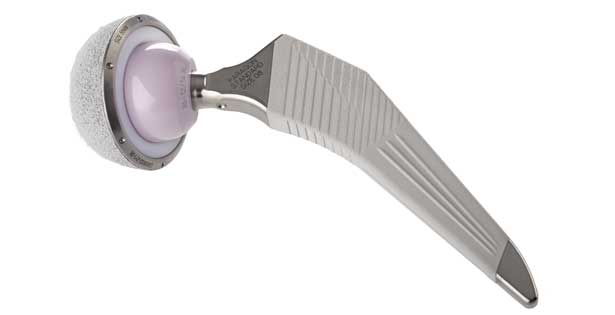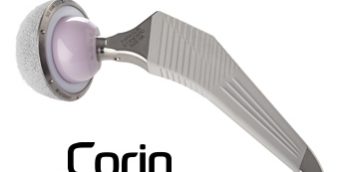Antimicrobial Nanosurface for Orthopaedic Implants


Industry partner
Corin Australia

Research organisation
University of South Australia
University of Adelaide

Manufacturing Investment
$14,098,144
($2,267,864 IMCRC)
for 2018–2021
Creating the next generation of “smart implants”
Challenge
Medical devices such as hip and knee joint replacements are transformative for people with chronic diseases and, despite many advances in biomaterials, a small but meaningful proportion of each type of device becomes colonised by bacteria leading to an implant-related infection.
Proposed Solution
Corin Australia has acquired an antimicrobial nanosurface – “smart surface” – technology that shows significant potential to dramatically reduce implant infection, killing bacteria that cause infections on a multitude of surfaces made from different materials. In collaboration with the University of Adelaide and the University of South Australia, Corin Australia aims to develop a manufacturing infrastructure that allows the antimicrobial nanosurface to be engineered onto existing medical devices and thus produce the next generation of “smart implants”.
Having the potential to be applied to all medical devices, the impact of this nano-manufactured surface on the medical device industry is substantial, offering distinct health benefits to those receiving the medical devices.
Due to the nature of the antimicrobial nanosurface, which is independent of the chemistry and material properties of the substrate to which it is applied, the technology can be also be used in other manufacturing processes across multiple industries, most notably the hospital supplies and equipment industry, the food industry, the marine industry, the building products industry, and the aeronautical industry.
